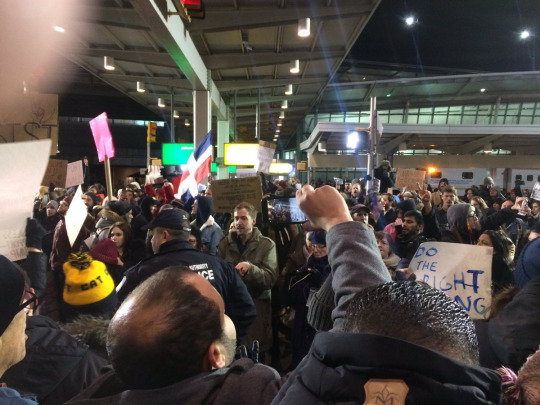Take one of Hollywood’s most lucrative franchises. Combine it with one of the breakout auteurs of the Peak TV era. Drop it in the middle of a very crowded, yet largely undistinguished, field of competitors. “Legion,” the stylistically bold new X-Men spinoff from the “Fargo” showrunner, Noah Hawley, is designed to cause a sensation. Given the superhero genre’s odd combination of cultural omnipresence and cinematic anemia, it’s hard for it not to.
For all their reliance on feats of derring-do, superhero films and TV shows are, creatively speaking, a risk-averse lot. Since director Bryan Singer’s first “X-Men” film inaugurated the genre’s pop-culture hegemony nearly 17 years ago, precious little variety in tone or technique has been permitted by the major spandex factories.
Marvel, home of The Avengers, relies on a house style that coasts on the charisma of its attractive casts but has all the visual and sonic flair of an ibuprofen commercial. Its rival, DC, switched from making sometimes dull movies for smart teenagers (Christopher Nolan’s “Dark Knight” trilogy) to often dull movies for dumb ones (Zack Snyder’s Superman/Batman films and the egregious “Suicide Squad”). On television, “Marvel’s Agents of S.H.I.E.L.D.” and especially producer Greg Berlanti’s various DC properties have some zip, but no more genuine ambition than a syndicated ’90s action series. Marvel’s Netflix series are a step in the right direction. “Daredevil,” “Jessica Jones” and “Luke Cage” take relative risks with their moody visual palettes and their pairings of strong leads with idiosyncratic enemies who function like coprotagonists.
So there’s some precedent for “Legion,” the new superhero-ish series tangentially tied to the X-Men franchise from the writer, director and showrunner Noah Hawley. But for its true antecedents you have to search further back in the superhero timeline, to Lorenzo Semple Jr.’s stylish and self-aware “Batman” series from the late ‘60s. Or you could simply look at Hawley’s previous act of televised alchemy: “Fargo,” an anthology series in which the Coen Brothers’ Midwestern-noir classic is used as a springboard for a bold, bloody, often beautiful homage to their entire oeuvre. Perhaps in a desire to transform Hawley into an auteur-impresario in the style of Ryan Murphy or Louis C.K., FX, their shared network, tapped him to guide their all-important first foray into pop culture’s most lucrative zone.
In “Legion,” Hawley takes pages from his own “Fargo” playbook. The ostentatious use of classic rock on the soundtrack, scene and spatial transitions that call attention to themselves with graphic design or camera trickery, the sense (borrowed from the Coens) that reality is a sheet of thin ice that could crack and immerse you in the chaos beneath at any moment. It’s as fearless a creative statement as the genre has seen since Tim Burton’s original “Batman” movie in 1989. Whether it’s successful is yet to be decided.
I reviewed last week’s premiere of Legion for the New York Times, where I’ll be covering the show all season. Visually and tonally it was sharp; script-wise it was creaky as heck.



